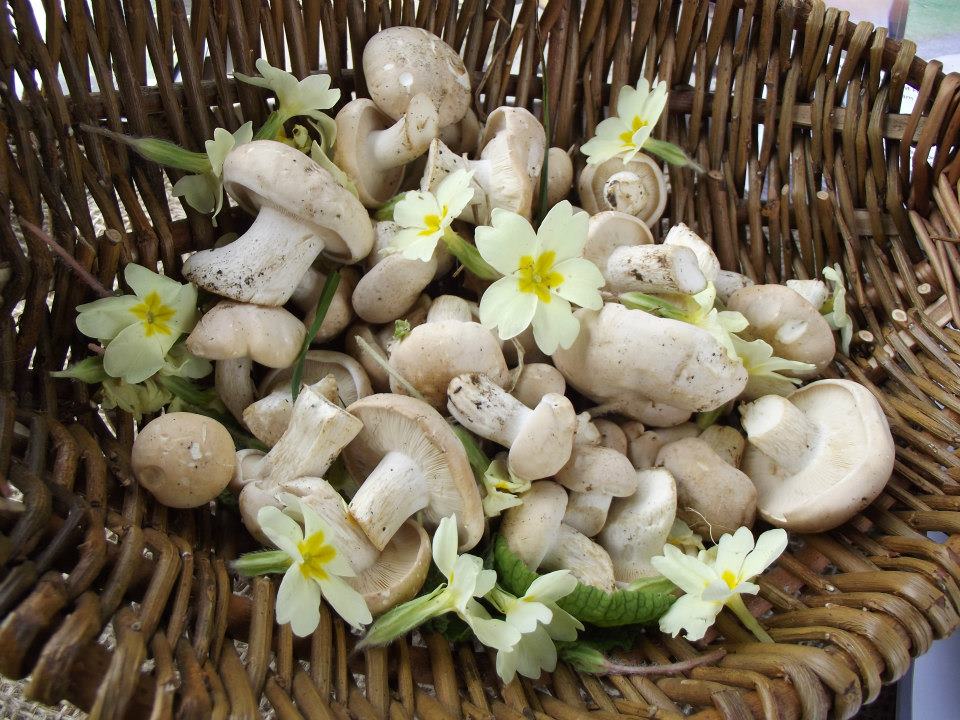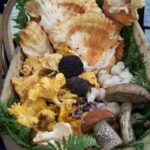Navigating Laws and Respecting Nature
As the interest in foraging for wild edibles grows, it’s essential to approach this practice with a deep sense of responsibility and respect for the environment. For those new to foraging, understanding the legal landscape and ecological considerations is crucial to ensuring our heritage remains a sustainable and enriching activity for all. This article aims to guide novice foragers on how to forage responsibly, with a focus on UK laws and conservation efforts.
Understanding the Legal Framework
Before venturing into woodlands, countryside, or beaches for foraging, it’s imperative to research the land and its restrictions. Many areas, including Sites of Special Scientific Interest (SSSIs) and locations with local bylaws, prohibit the removal of natural items, down to a single blade of grass. These restrictions aren’t always well-marked or commonly known, which makes personal investigation vital.
Sites of Special Scientific Interest (SSSIs)
SSSIs are protected areas that conserve their unique plant, animal species, and habitats. The UK has a vast network of these sites, each with specific regulations to prevent harm to their scientific or natural value. Foraging in these areas without permission can lead to legal consequences and harm the ecosystems we aim to preserve.
Local Bylaws
Local bylaws may also restrict foraging activities. These laws are established to protect certain areas from damage and to preserve local flora and fauna. Ignorance of these bylaws is not a defence, so understanding the rules of your chosen foraging location is essential.
Epping Forest: A Cautionary Tale
Epping Forest serves as a stark reminder of the consequences of unrestricted foraging. Due to overharvesting and the ecological impact, a blanket ban on foraging has been imposed. This example underscores the need for responsible foraging practices to prevent similar restrictions elsewhere.
Codes of Conduct and Safe Harvesting Techniques
Promoting a responsible approach to foraging includes adhering to codes of conduct and employing safe harvesting techniques. These practices ensure that foraging has a minimal impact on the environment and that it can continue as a sustainable activity.
Foraging Ethically
- Ask Permission: Always seek permission from landowners before foraging on private land.
- Take Only What You Need: Harvest sparingly, leaving enough for wildlife and for the plant to reproduce.
- Respect Restricted Areas: Avoid foraging in protected or restricted areas, including SSSIs and locations with specific bylaws.
- Educate Yourself: Learn to identify plants and mushrooms accurately to avoid picking endangered species or harming the ecosystem
Resources for Responsible Foraging
To support foragers in making informed decisions, the following resources are invaluable:
- Natural England’s Designated Sites System: Provides information on SSSIs and protected areas across the UK. Natural England
- The Wildlife Trusts: Offers guidance on wildlife conservation and the laws affecting foraging and nature exploration. The Wildlife Trusts
- Woodland Trust: Shares insights on woodland conservation, including responsible foraging practices. Woodland Trust
- Foraging Courses: Consider attending a foraging course to learn safe and sustainable harvesting techniques first-hand from experts.
Conclusion
Foraging connects us with nature and our heritage in profound ways. However, to preserve this practice for future generations, we must approach it with care, respect, and a commitment to education and sustainability. By understanding the laws, respecting ecological boundaries, and adopting ethical foraging practices, we can enjoy the bounty of nature without compromising the health of our ecosystems or our legal standing. Let’s cherish and safeguard our foraging freedom in an ever-constricting world.
https://publications.naturalengland.org.uk/publication/4937362194038784




